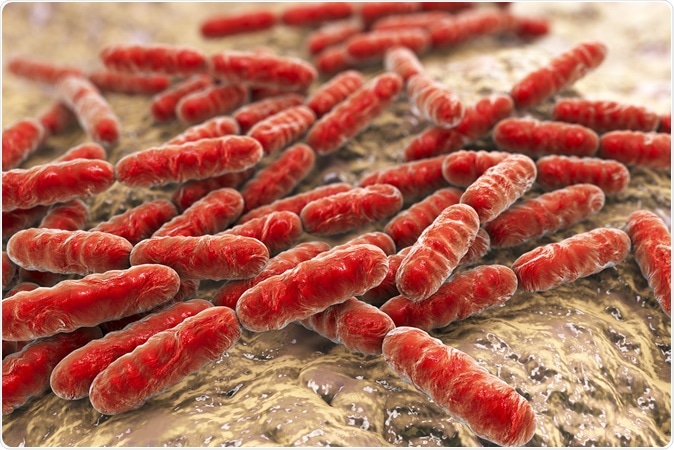People have been swearing by routine intake of probiotics such as yoghurt and other good bacteria that are supposed to help in prevention of several diseases and maintain good health. A new study from a group of Israeli scientists says that these probiotics are in fact useless. The results of this study appeared in the latest issue of the journal Cell.
The new study is a detailed analysis of the effects of probiotics on the gut bacteria. Probiotics are preparations that contain friendly bacteria that are supposed to enrich the gut and promote health. From asthma to chronic gut disorders like irritable bowel syndrome etc, probiotics have been widely prescribed globally. This team of researchers at the Weizmann Institute of Science explain that to be actually helpful, the probiotics need to be tailor made to individual needs.
The team of researchers prepared their own probiotic combination with 11 common good bacteria including strains of Lactobacillus and Bifidobacteria. These were administered to 25 healthy volunteers for a month. The volunteers were then sedated and endoscopically, samples of gut bacteria were collected from various regions in their stomachs and in their small and large intestines. The theory is that the good bacteria colonize within the gut on routine consumption. The researchers were trying to assess if these bacteria in the probiotics were actually colonizing the gut and if it changed the gut activity in any manner.

Bacteria Lactobacillus, lactic acid bacteria which are part of normal flora of human intestine and are used as probiotics and in yoghurt production, 3d illustration. Image Credit: Kateryna Kon / Shutterstock
The results revealed that most of the bacteria that are ingested in the probiotics are simply excreted with none of them colonizing the gut as believed. Some that remained in the gut were overwhelmed by the existing gut bacteria and failed to sustain. According to author Dr Eran Elinav, an immunologist at the Weizmann Institute of Science, off-the-shelf probiotics do not work for everyone. Each individual needs a different probiotic concoction for it to be effective he said.
Co-author Professor Eran Segal, a computational biologist added in a statement, “Although all of our probiotic-consuming volunteers showed probiotics in their stool, only some of them showed them in their gut, which is where they need to be. If some people resist and only some people permit them, the benefits of the standard probiotics we all take can't be as universal as we once thought. These results highlight the role of the gut microbiome in driving very specific clinical differences between people.”
The team went on to look at the effect of the probiotics after a course of antibiotics when they are most commonly prescribed. Antibiotics are known to remove both good and bad bacteria from the gut. Probiotics are usually administered to help restore the good gut bacteria.
The 21 volunteers for the second part of the study were divided into three groups randomly. They were all on a course of antibiotics. The first group was not administered any probiotic and was labelled a “watch and wait” group. The second group was given the same probiotic mixture as the volunteers from the first study. The third group was treated with autologous faecal microbiome transplant (aFMT). In this procedure a concoction made up of the patient’s own gut bacteria before taking the antibiotic course is re-introduced into the gut after the course is completed. Results showed that the standard probiotic group had a delayed re-colonization of their gut bacteria compared to the other groups. The third group given aFMT recovered their natural gut microbiome within a few days.
Dr Elinav said in a statement, “Contrary to the current dogma that probiotics are harmless and benefit everyone, these results reveal a new potential adverse side effect of probiotic use with antibiotics that might even bring long-term consequences.” “In contrast, replenishing the gut with one’s own microbes is a personalised mother-nature-designed treatment that led to a full reversal of the antibiotics’ effects,” he said.
Other experts have also questioned the usefulness and efficacy of probiotics in their daily clinical practice as well as scientific studies.
Citation: Personalized Gut Mucosal Colonization Resistance to Empiric Probiotics Is Associated with Unique Host and Microbiome Features, Cell, ISSN: 0092-8674, Vol: 174, Issue: 6, Page: 1388-1405.e21 DOI: 10.1016/j.cell.2018.08.041 https://www.cell.com/cell/fulltext/S0092-8674(18)31102-4#secsectitle0260